Concussions
Knowledge is Power.
True/False - Quiz: Do You Understand Concussion?
Information - Concussions
 A concussion is a brain injury due to trauma, usually a blow to the head. The most common causes of concussion are motor vehicle accidents and sports. It can also be associated with sudden deceleration or slowing down of the brain inside the skull, which can cause damage by the contact of the brain with the skull, or simply by tearing the neurons deep inside the brain.
A concussion is a brain injury due to trauma, usually a blow to the head. The most common causes of concussion are motor vehicle accidents and sports. It can also be associated with sudden deceleration or slowing down of the brain inside the skull, which can cause damage by the contact of the brain with the skull, or simply by tearing the neurons deep inside the brain.
Concussion Causes & Symptoms
Concussion causes immediate, but usually temporary, brain dysfunction. Concussions can be mild or severe, but they’re always serious. Loss of consciousness is not necessary to diagnose a concussion. Most people will recover from a concussion, and it’s rare for patients to have permanent injury from at least a single concussion. But patients can be disabled by concussion symptoms for many weeks or months after the initial concussion.
Common symptoms that people experience include:
• Headache
• Poor sleep
• Neck pain
• Dizziness
• Ringing in the ears
• Blurred vision
• Imbalance
• Nausea and vomiting
• Intolerance of physical activity
• Difficulty with reading or using a computer
• Changes in mood
Often, people feel that their thinking has really been disrupted, but they can’t figure out why - they’re just not doing as well on normal thinking tasks as they normally do.
Concussion Treatments
Although research is progressing around concussion, there remain very few proven treatments. The primary treatment centers around rest - not just physical rest, but also intellectual or cognitive rest. Patients must avoid excessive stimulation from overuse of computers, for example. Returning to work too quickly can slow the recovery of concussion, just like returning to sports too quickly can. Treatment of the emotional symptoms associated with concussion is often neglected, and there is some evidence that psychological therapy, like cognitive restructuring and reattribution can be quite effective in treating patients’ emotional symptoms. Patients also need to avoid re-injury, which can lead to another concussion.
Symptoms of post-concussion syndrome are very similar to a concussion, although some symptoms take prominence, including headache, memory loss, poor concentration, impaired focus, emotional problems such as depression and irritability and disruptive sleep. Additional symptoms that patients with post-concussion syndrome might experience are the feeling of being easily overwhelmed. They may become sensitive to stimuli such as sound or light, have fatigue and difficulty with motivation. If you’re not getting better while waiting for your concussion to recover, it’s time to seek interdisciplinary care with a treatment team that can address all the component parts of concussion and help you.
Talk to your family physician if you'd like more information on concussions.
Visit HealthChoicesFirst.com for more videos and resources on family health.
Print this Action Plan and check off items that you want to discuss with your healthcare provider
-
Concussion causes immediate, but usually temporary, brain dysfunction. Concussions can be mild or severe, but they’re always serious.
-
Most people will recover from a concussion, and it’s rare for patients to have permanent injury from at least a single concussion. But patients can be disabled by concussion symptoms for many weeks or months after the initial concussion.
-
Common symptoms of concussion include headache, poor sleep, neck pain, dizziness, ringing in the ears, blurred vision, nausea and vomiting and changes in mood.
-
Although research is progressing around concussion, there remain very few proven treatments. The primary treatment centers around rest - not just physical rest, but also intellectual or cognitive rest.
-
Treatment of the emotional symptoms associated with concussion is often neglected, and there is some evidence that psychological therapy, like cognitive restructuring and reattribution can be quite effective in treating patients’ emotional symptoms.



